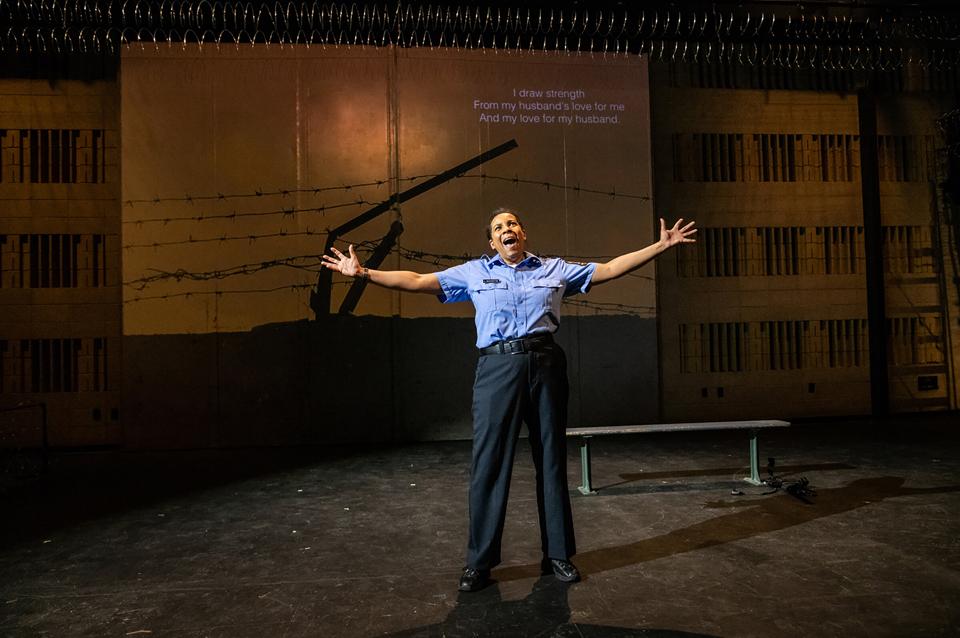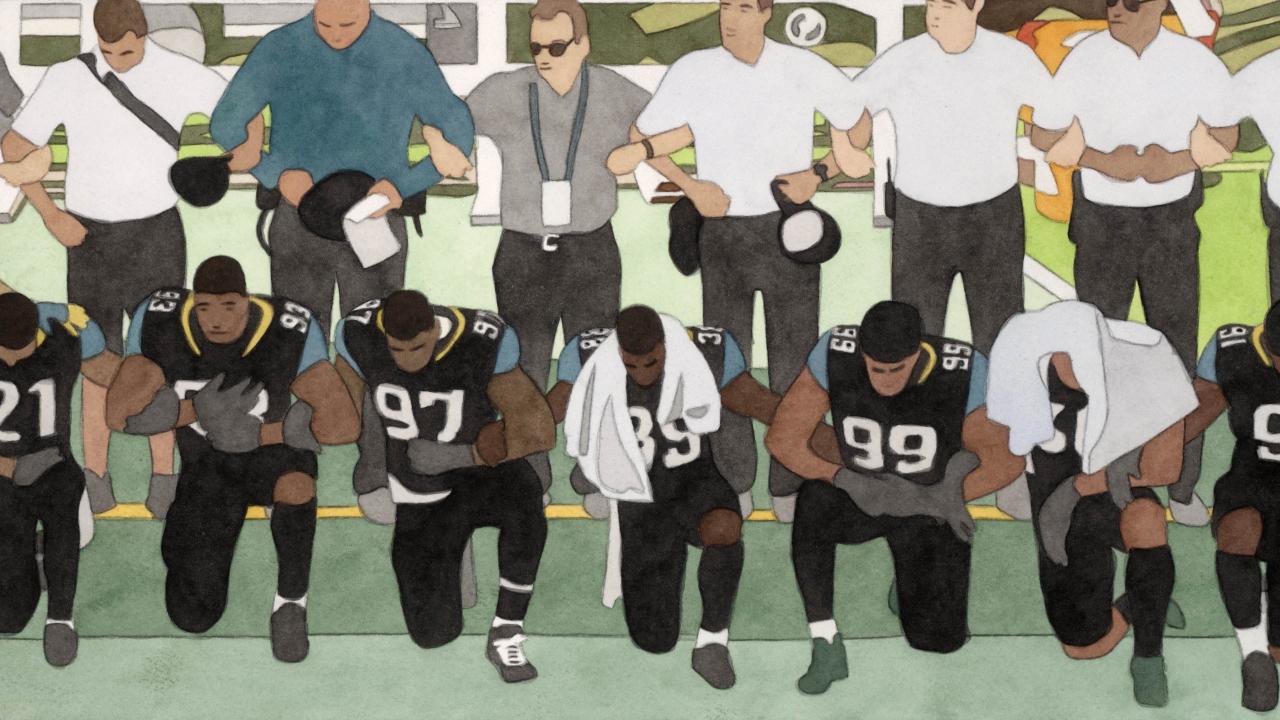Relief prints exhibit opens Friday at TANA
The exhibition will run Friday, Feb. 18-March 18, with an opening reception on Feb. 18, 5:30-7:30 p.m.
Taller Arte del Nuevo Amanecer is proud to present Grabados del Alma: Gráfica Contemporánea Oaxaqueña (Engravings of the Soul), an exhibition of relief prints by Oaxacan artists residing in both Northern California and Oaxaca, Mexico. Participating artists include Yankel Balderas Pacheco, Jhovany Rodriguez, Stephany Sanchez, Gabriela Morac, Aide Nuncamdi, Cristopher Dias, Edith Chavez, Ivan Bautista, Yescka, MK Kabrito, Irving Herrera and Cesar Chavez.
Opening Reception: Friday
-
6:30 p.m. Meet Artist Jhovany Rodriguez
-
Live DJ music
Location: Taller Arte del Nuevo Amanecer, 1224 Lemen Ave., Woodland
Find more information here.
'And Yet She Persisted: Women in Classical Music' is Thursday concert
Works for voice and piano
February 17, 12:05-1:00 p.m., Free, a Shinkoskey Noon Concert
Recital Hall, Ann E. Pitzer Center
Performers include Carrie Hennessey, soprano and Jennifer Reason, piano
The program features Pauline Viardot: Hai luli, Julia Seeholzer: Portraits of Disquiet, Amy Beach: Three Songs, op. 21 and Libby Larsen: Songs from Letters. Calamity Jane to Her Daughter Janey, 1880–1902
Find a direct link to the livestream here.
Annual Valente Lecture: Daniel Felsenfeld, composer
Feb. 17 4:30-6 p.m., via Zoom

Daniel Felsenfeld is a composer and author whose work has been commissioned by a number of leading opera companies, orchestras, and other arts organizations. Composer John Corigliano says of his work, “Committed as strongly to freshness as to intelligibility, Dan composes music that’s strong, unusual, intelligent, and considerably skilled.” The Valente lecture is an annual lecture at the Department of Music, UC Davis.
Join the Zoom event here.
Artist Talk: Kota Ezawa on current events and images
Thursday, Feb. 17, 4:30 p.m., Manetti Shrem Museum
Kota Ezawa’s work explores the appropriation and mediation of current events and images, referencing sources from the news, art history and popular culture. His work National Anthem (2018) uses television footage, presenting the actions of various players, coaches and Colin Kaepernick, and allowing the spectator to experience this act of personal and communal protest without comment or context. Ezawa said, “As a sports fan, I understood the civic courage that the players displayed in that moment, risking their careers for the benefit of a social cause. It highlighted the connection between patriotism and protest — or that protest can be a form of patriotism.”
The work was included in the 2019 Whitney Biennial and is on view in “From Moment to Movement: Picturing Protest in the Kramlich Collection.”
The talk is organized by the museum, co-sponsored by the Department of Art and Art History’s Art Studio Visiting Artist Lecture Series. More information here.
Photo at top of Arts Blog.
Opera: Hate, hope and incarceration addressed in Beethoven’s Fidelio
Prison choirs play a role; alum is costume designer

Saturday, Feb. 19, 7:30 p.m., Mondavi Center for the Performing Arts
In this adaptation of Beethoven’s Fidelio, a Black activist is wrongfully incarcerated. His wife, Leah, disguises herself to infiltrate the system and free him. But when injustice reigns, one woman’s grit may not be enough to save her love.
Fidelio’s live cast of five singers and seven musicians are joined by a prerecorded virtual chorus of more than 100 incarcerated singers from six prison choirs in the United States. This daring work pits corruption against courage, hate against hope.
Find out why they opted to mix both American dialogue and German arias, and more, in this interview with Director Ethan Heard. And catch a post-performance Q and A with Heartbeat Opera at 9 p.m.
Heartbeat Opera video here.
More information and tickets here.
Alumna designed costumes for opera
Alumna Kara Branch (M.F.A., dramatic arts, ‘11) is the costume designer for Fidelio.
Kara Branch is a New York City based costume designer and stylist for theater, film, television, commercials and print. She earned bachelors of science degree in fashion design from Western Michigan University.
Recent design credits include Imagining Madoff at 59E59th Theater, Emma: The Musical for Streaming Musicals, Annie Get Your Gun at Westchester Broadway Theater, Into the Woods at Broadway Workshop and Killroy was Here for Digital Caviar. Recent assistant design credits include By The Way, Meet Vera Stark* at Signature Theater Company, Slave Play at New York Theater Workshop and Detroit ’67 at McCarter Theater.
Next week
Book talk features Samba
Tuesday, Feb. 22, noon-2 p.m.
Multipurpose Room, Student Community Center
This is no ordinary book talk. Assistant Professor Juan Diego Díaz’s talk next week on Afro-Brazilian music (subject of his new book) will be accompanied by the Brian Rice-led UC Davis Samba School and the author’s Capoeira Ensemble. Feb. 22, free, in person and remote, presented by the Center for Advancing Multicultural Perspectives in the Arts, Social Sciences and Humanities, or CAMPSSAH.
There are three ways to attend:
- RSVP if coming in person.
- Livestream available via Zoom (Registration Required).
- Livestream available via YouTube.
When many people think of African music, the first ideas that come to mind are often of rhythm, drums, and dancing. These perceptions are rooted in emblematic African and African-derived genres such as West African drumming, funk, salsa, or samba and, more importantly, essentialized notions about Africa which have been fueled over centuries of contact between the “West,” Africa, and the African diaspora. These notions, of course, tend to reduce and often portray Africa and the diaspora as primitive, exotic, and monolithic.
In Africanness in Action, author Juan Diego Díaz explores this dynamic through the perspectives of Black musicians in Bahia, Brazil, a site imagined by many as a diasporic epicenter of African survivals and purity. Black musicians from Bahia, Díaz argues, assert Afro-Brazilian identities, promote social change, and critique racial inequality by creatively engaging essentialized tropes about African music and culture. Instead of reproducing these notions, musicians demonstrate agency by strategically emphasizing or downplaying them.
Coming up
Templeton Colloquium in Art History
Feb. 25, 4-6 p.m.
Community Education Room, Manetti Shrem Museum of Art
This event will also be live-streamed and recorded.
Visitors must adhere to the Manetti Shrem Museum of Art’s health and safety protocols.
Twentieth-century nationalism was marked by the effective use of press culture and graphic satire to shape the discourse of modernity. Along the way, women’s rights and minority rights were struggles that formal institutions resisted and appropriated. This year’s Templeton Colloquium, “Of Satire and Bigotry: Press Culture, Women’s Rights, and Liminal Modernity in West Asia” invites four experts to address the often-overlooked role of liminal bodies in the processes of modernization and the forms of modernity in press and satire cultures based in such metropolitan centers as Tehran, Cairo, Istanbul, and Beirut.
About the speakers
Yasemin Gencer is a historian of Islamic art focusing on late Ottoman and early Republican visual culture and print media with a special interest in text and image studies and professor at Wayne State Univeristy. Gencer’s talk is entitled “Modernity, Image, and Liminal Identities in the Early Turkish Republican Press.”
Houri Berberian is a professor of art history, the Meghrouni Family Presidential Chair in Armenian Studies, and the director of the Center for Armenian Studies at UC Irvine. Berberian will discuss “Bogeymen and Birch Brooms: Pictorial Modernity, Satirical Newspapers, and the Armenian Women of Iran, 1920–58.”
Camron Michael Amin is a professor of history at the University of Michigan, Dearborn. Amin will address “Satire and Bigotry in Iranian Press Culture.”
Nadia von Maltzahn is a research associate at the Orient Institute Beirut (OIB) in Lebanon and directs the “LAWHA – Lebanon’s Art World at Home and Abroad: Trajectories of artists and artworks in/from Lebanon since 1943” project. Maltzahn will present “A Thoughtful Exaggeration: Lebanon’s Early Independent Period through the Eyes of Diran.”
This event is organized and moderated by Talinn Grigor, professor of art history, UC Davis. This event is co-sponsored by the Manetti Shrem Museum.
Find more information here.
